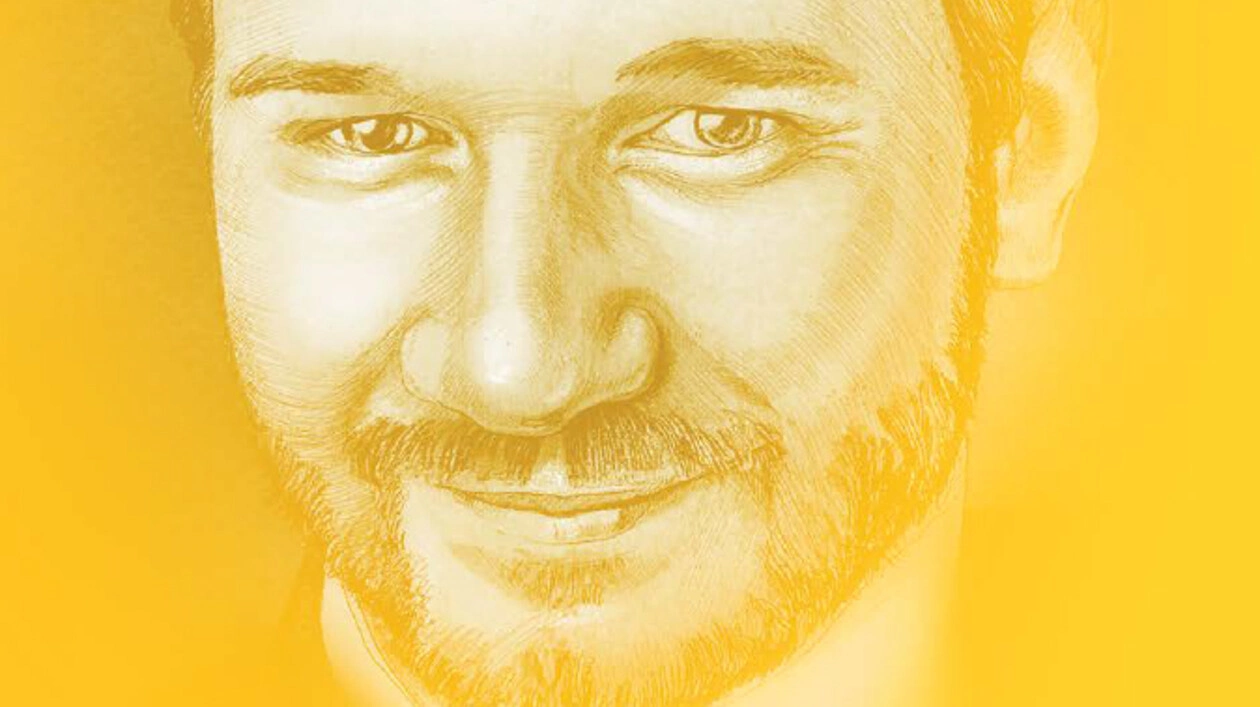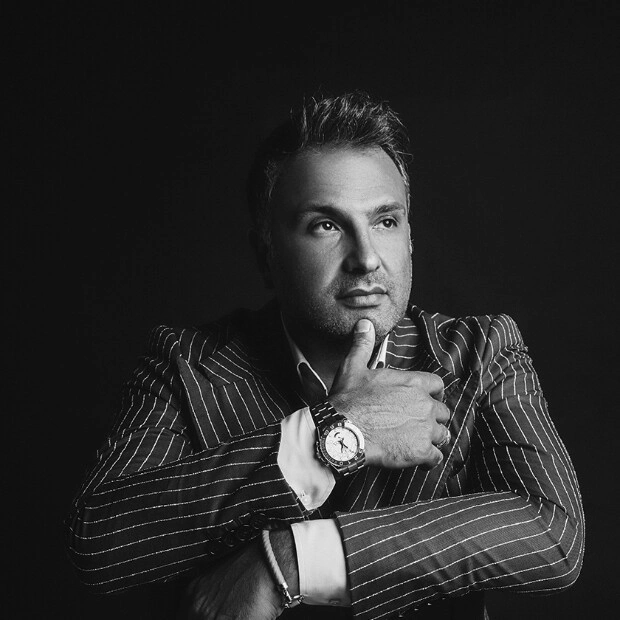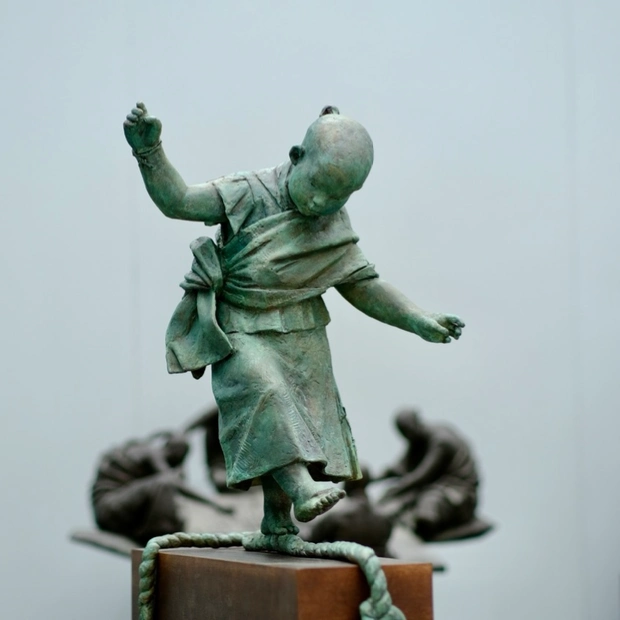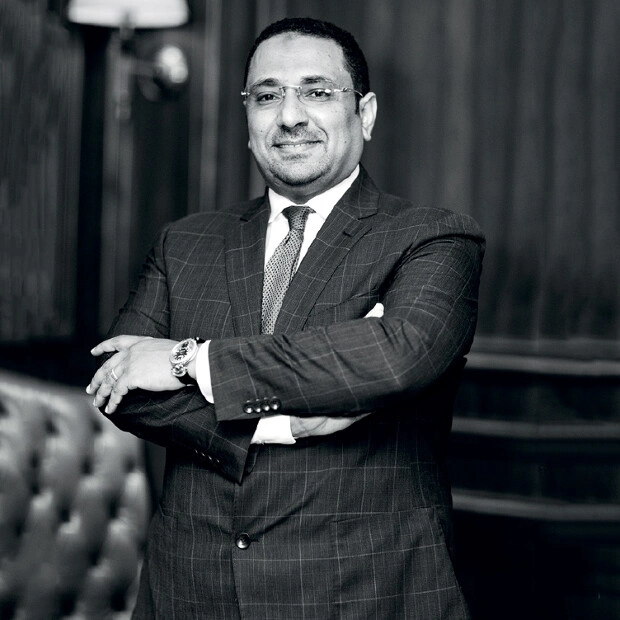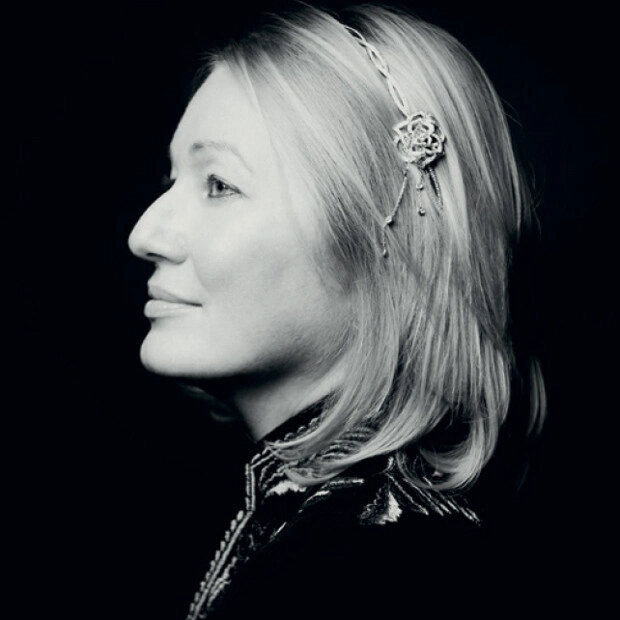Ever since ancient times, humanity has spoken of its failures, trials, and hardships in terms of fate, against which it would be futile to rebel. And of course, without a struggle, nothing can be overcome. Thus, fate. Unless you’re lucky enough to be an Odysseus, or an Ilya Muromets. When the cold, impartial Fates spin into being a thread of life so seemingly hopeless as that of Nick Vujicic, overcoming such a bitter situation could seem impossible. And yet he’s not only been able to challenge his circumstances, finding happiness, success, and love, but he’s also managed to impart to others the belief that people are stronger than fate, if only we embark along our paths with hearts full of driving passion and love.
I don’t know who you are, and I don’t know what difficulties you’ve encountered in life. But I can say these problems can’t all be counted as bad things and you shouldn’t focus on the pain that may come from them. Some injuries heal more quickly if you keep moving. I want to show you that the best medicine we have is in each of us our spirit, faith, and love.
If someone had told me, many years ago, that I could be happy, and find peace in my heart, I would have thought that they were making a cruel joke. I used to be convinced that loneliness would be a life sentence for me. I couldn’t have imagined ever getting married after all, I can’t even hold my wife’s hand. But today, I don’t need hands to embrace her. My heart protects her. Every day as a child, I heard from my parents that the power to overcome hardships comes from within. "Nick, you can do whatever you put your heart into," they’d say. And I think that if I hadn’t had this foundation of love in me, I wouldn’t be who I am today.
Many diseases can be cured, but not in my case. And if a problem can’t be solved, you can connect with it, accept it. Though of course, there is another option to sit in the corner and whine about your misfortune. And at one point, I did just that. "I have no arms and legs; I have no hands and feet…" But my parents told me the right thing: "Stop complaining and focusing on what you don’t have, and try to change what you’re able to about your life. And be grateful for what you do have." And when you manage to find that gratitude, you begin to understand that in surmounting the obstacles life has thrown at you, you use what you have. The Lord did not give me hands and feet, but He did give me a brain capable of being developed, and He did allow me to be born into a family of wise, loving people.
My parents eradicated in me any illusions that I was owed anything in this world. They didn’t buy the toy that I was dreaming of. They said I’d have to earn it myself. My mom once offered to compensate me for helping her around the house, like my brother did. I figured I’d clean up by putting a vacuum cleaner under my shoulder. I was paid two dollars a week, and the toy cost fifteen. This taught me to set goals, to have patience, to go after them, and to achieve them so I had a sense of self-esteem. Then I realised that I could, in fact, manage maybe not everything in my life, but that there were things I could really change.
It’s important to understand that there is the impossible, and there is the unlikely. I have no arms and legs, and that, most likely, will nev-er change. But if you want to start a business, and what’s holding you back is that you don’t have the money for it, that can be fixed. Does that seem unlikely? Be open to possibilities at some point, they’ll be of assistance in just such a way that the obstacle blocking the path to your dream will be removed.
Imagine you’re on a plane, and you have the choice of either talking with the person sitting next to you or keeping silent the entire way. This one time, when I was flying some-where for a project, I opted for the conversation. The guy next to me turned out to be an eminent specialist in just the field that I’d been so interested in for the project. Talking with him, I received so much useful information, and I thought to myself: what if I just hadn’t said anything?
I have a wonderful story about how Nick Vujicic became a speaker. Who would you guess was the first person to tell me I could do it? It wasn’t my mom or dad. They never could have imagined their son Nick would be able to fly around the world, that he would meet with seventeen presidents, or that the governments of the countries he’d visited would begin changing their laws concerning children with disabilities, thanks to his appeals. So a friend believed in me.
It was my final year in school. One day, I was passing by our school janitor, who was cleaning the restroom floors. Do you ever bother to greet your janitor? I did. And one day, unexpectedly, he said to me:
"Hey! Nick!"
"Yes, Arnold?"
"You’re going to be a speaker."
"Sorry, what?"
It wasn’t part of his job description to bestow inspiration upon a limbless boy, and he had no idea that this little bit of faith he had would turn that boy into a man who would later go on to address millions of people around the globe. He invested one little moment of faith in me, and look what happened. But at the time, I rejected what he’d said, saying he was crazy, and I left.
The next day, Arnold came to me with the proposal, or rather the request, "Nick, please! Can you speak at school? Seven students would like to come; tell them about yourself…" But my only response was that I didn’t have anything to tell them. "Leave me alone!" is what Arnold heard. And yet he tried, again and again, and I’d run away, and he’d run after me! After three months I finally said yes, because he got so annoying.
And then the day came. To the seven students who came to listen, I spoke from the heart, and I was very nervous I was shaking, I was clammy and as I was telling my story, suddenly, someone in the audience started crying. At first, I was terribly embarrassed. But then, in that moment, I realised that the heart of another person had opened up, and I had been able to touch it. That’s what that was. It was astounding.
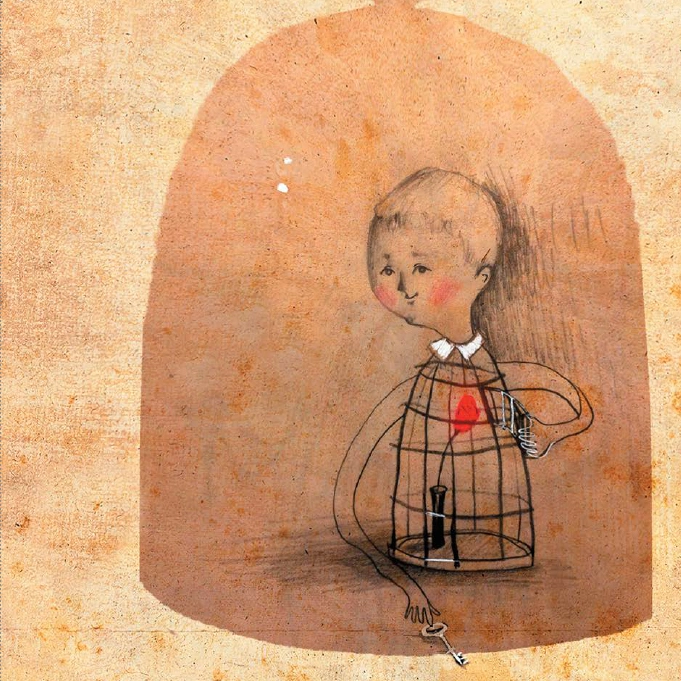
That same evening, I told my parents, decisively, "Mom, Dad I know what I want to do for the rest of my life."
When I was six, my father, noticing that I was inter-ested in issues of financial literacy, once said to me, "Nick, you need to open an accounting company. Then your employees will become your hands and feet." He pushed me so hard in mathematics that I was first in my class, and I was even moved up a year. And later on, I did get an education in accounting and financial planning, but I hated it. Even while I was in school, it was clear to me that this wasn’t what my life was supposed to be about. I wanted to see how people change. Yes, I was going to speak. I was going to be a speaker.
I was eighteen years old, when, at one of my speeches, a girl, crying, suddenly wrapped her arms around me and didn’t let go. She said, "Thank you … thank you! Now I know there’s hope for my life." She was suicidal, and her parents certainly didn’t know about it. It was painfully familiar. At ten years old, I had tried to drown myself in a bathroom. I was being bullied at school, and constantly lonely, and there was a voice in my head whispering that I wasn’t destined for happiness. And now look at how wrong that conception was. And I’m so glad that such beauty is capable of emerging from your broken pieces, if you just give those broken pieces a chance.
In 2002, when I decided to become a speaker, there didn’t yet exist in Australia any of the tech-nology that is now so familiar to us. We didn’t have YouTube or GPS. I just got a list of phone numbers for schools, and I began to make calls. Did I know anything about marketing? No. Performing? No. Did anyone invite me? No. And that isn’t even close to the full list of obstacles blocking the glow of that new future Arnold had opened up for me. But I wasn’t going to give up. The schools hung up on me, and I kept calling. And when, finally, one of them agreed to have me, and I was beaming with happiness, they then called back to cancel: "Is this Nick Vujicic? Hmm... Listen... If you don’t have arms or legs, maybe you shouldn’t come? You’ll frighten all the children..." It was offensive. But some challenges are good. I decided to think about it not as my loss, but as theirs. I’d just go to another school.
Fifty-two schools said no. But every time I received a rejection, I got better with my delivery. Finally, on my fifty-third call, I received a positive response. I hung up the phone and yelled, "SUCCESS!"
Remember how, in those days, there was no GPS? When I looked at the map, I discovered that the school that would be hosting me was a two-and-a-half hour drive away. I didn’t want to ask my parents for their help, because they didn’t believe in the dream I had. My brother, after learning how long the drive was, said he was busy. So much for success. My first thought was that nothing would ever work out. But then I thought, no, I can’t afford to give up. I was offered fifty dollars for the performance, and for fifty dollars, my brother agreed to drive me.
As we drove, through the windows of the car, home, and the city, grad-ually disappeared, and suddenly, my brother asked me, "How long are you going to perform? And how many kids are coming?" I had no answer to his question. I covered my face with my hand in frustration. I had called so many schools, paid my brother fifty dollars, on top of the gas to get there, and I’d forgotten to ask two incredibly simple questions?
The principal said that they’d like me to speak for five minutes, and that there would be ten kids. "Idiot. You’ll never be a speaker," so spoke the voices in my head, and what seemed like the whole world, pointing at me and laughing. As I gave my speech, all I could think about was what a failure I was. When I got home, I ran to my room, slammed the door out of bitterness and anger at myself. I cried, and cried, and didn’t leave my room until the next day.
The phone rang, early the next morning, and of course, I had no interest in picking up. The failure of the day before had not been forgotten. The mere thought of it drove me instantly into depression. However, the calls continued, and the third, I answered, reluctantly, and heard: "Hello! Is this Nick Vujicic, the motivational speaker?" What? Wait... Me? Yes! Yes! That’s me. They’re talking about me! Someone wanted me to speak at another school, offering me all the amenities, calling me an excellent speaker. They said that I had made a deep impression on the audience the day before, that it had really made them think. We agreed on the time and place of the meeting. Finally, the caller asked if I had any questions. I didn’t hesitate. "Yes, I have two questions. How long will I be allowed to speak, and how many audience members do you expect?"
It didn’t matter how many people said I wouldn’t be able to do it. I knew that my goal was to help them too. And if I was able to help that girl, who was one step away from death, maybe even to save her life, I would pass through as many failures as it took in order to do so. You don’t need courage to win. You need courage to fail. And when you have a goal that matters, it’s worth it to fail and each time, to get back up.
When you’re standing in front of life’s next great challenge, remember that all our problems exist in order to make us stronger. Not to run us over. Look: a man with no arms and no legs is smiling and this is because happiness is not connected to your hands and feet. Nick Vujicic was nev-er crippled until he lost hope. And no one can place greater limits on him than he once did. I want you to un-derstand that every person is capable of being their own most destructive force. Or, their greatest inspiration. You just need to make a choice.
